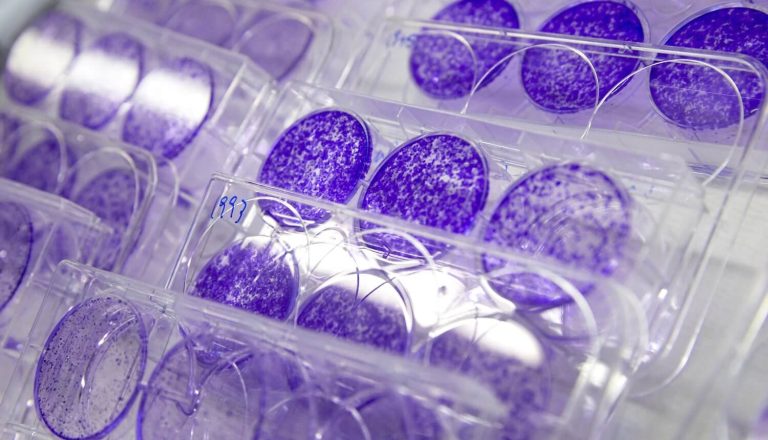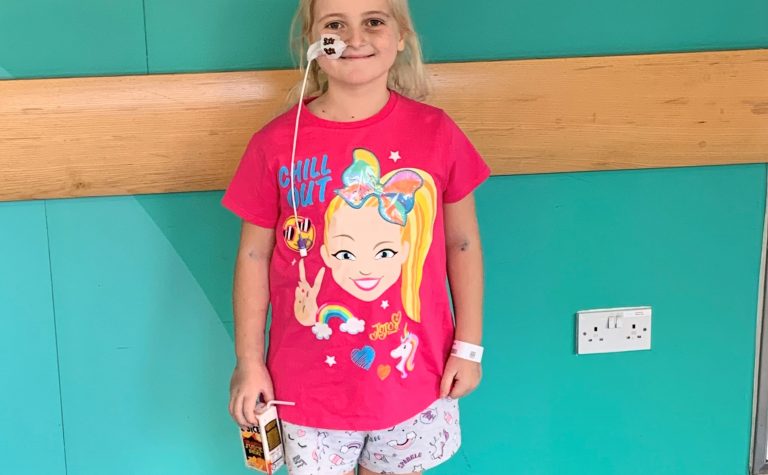About the Research Team
Professor Adam J Mead is a Professor of Haematology at the University of Oxford whose overarching research focus is to characterise genetic and cellular heterogeneity in myeloproliferative neoplasms (MPN) and related myeloid neoplasms with the ultimate goal to improve the diagnosis, risk-stratification and treatment of these largely incurable forms of blood cancer.
Professor Mead is working with a highly skilled team including Prof Irene Roberts (Professor of Paediatric Haematology, University of Oxford), Dr Eleni Louka (NIHR Academic Clinical Lecturer in Paediatric Haematology, University of Oxford) and Dr Anupama Rao (Paediatric Haematology Consultant, Great Ormond Street Hospital).
The team to date has established a national multi-centred study, a unique patient samples biobank and performed initial work identifying which are the leukaemia propagating cells in JMML and lead to the discovery of CD96 as a novel cell-surface target. The team will collaborate with Prof Rachael Bashford-Rogers (Associate Professor of Molecular and Cellular Biochemistry, University of Oxford) and her insights into cancer immunology and understanding of how the immune system interacts with cancer cells.




